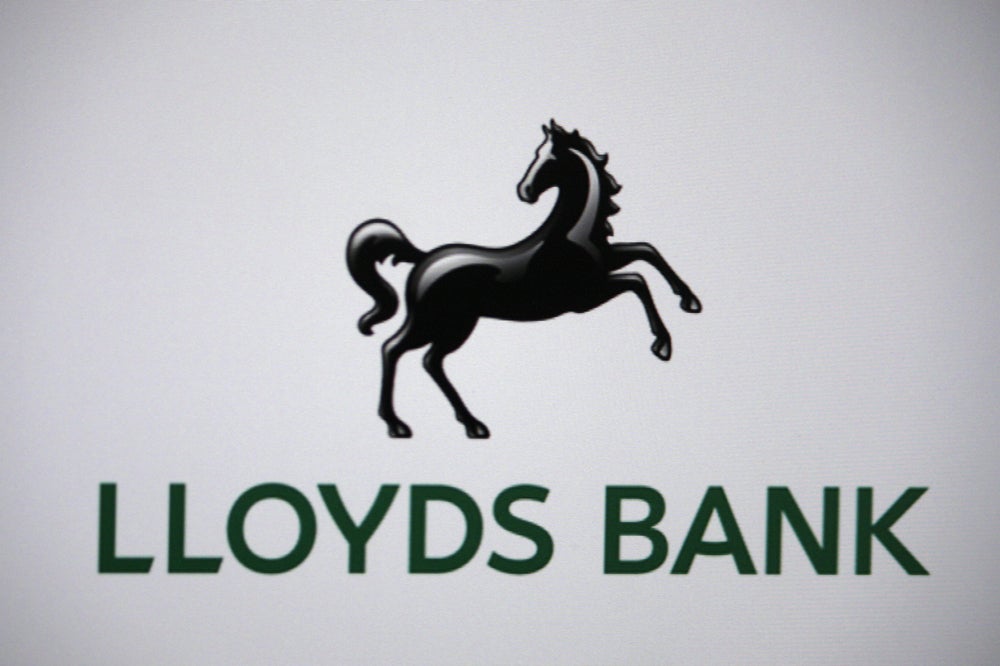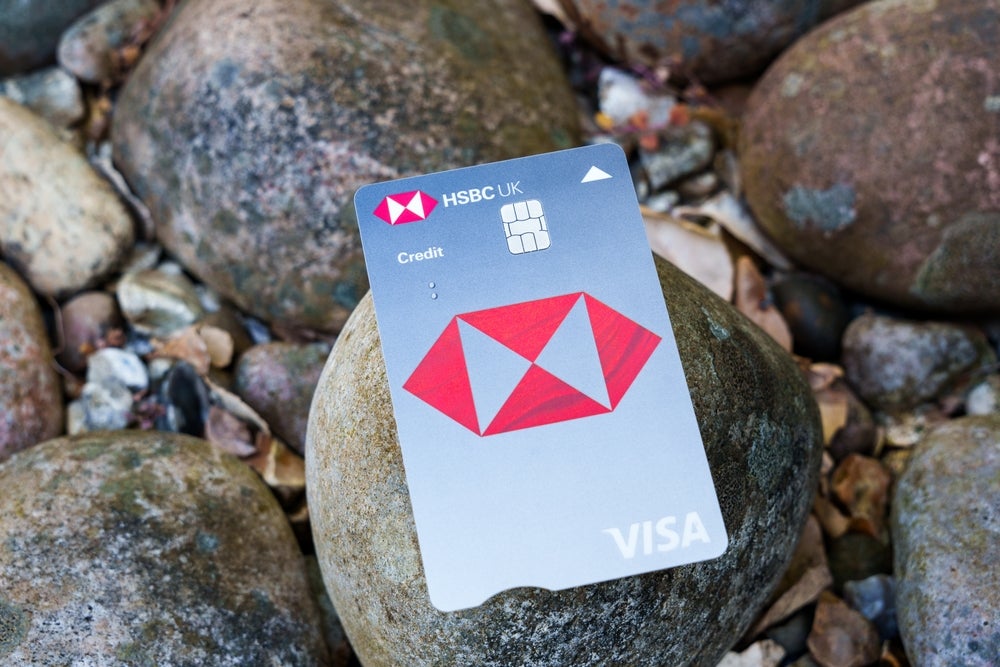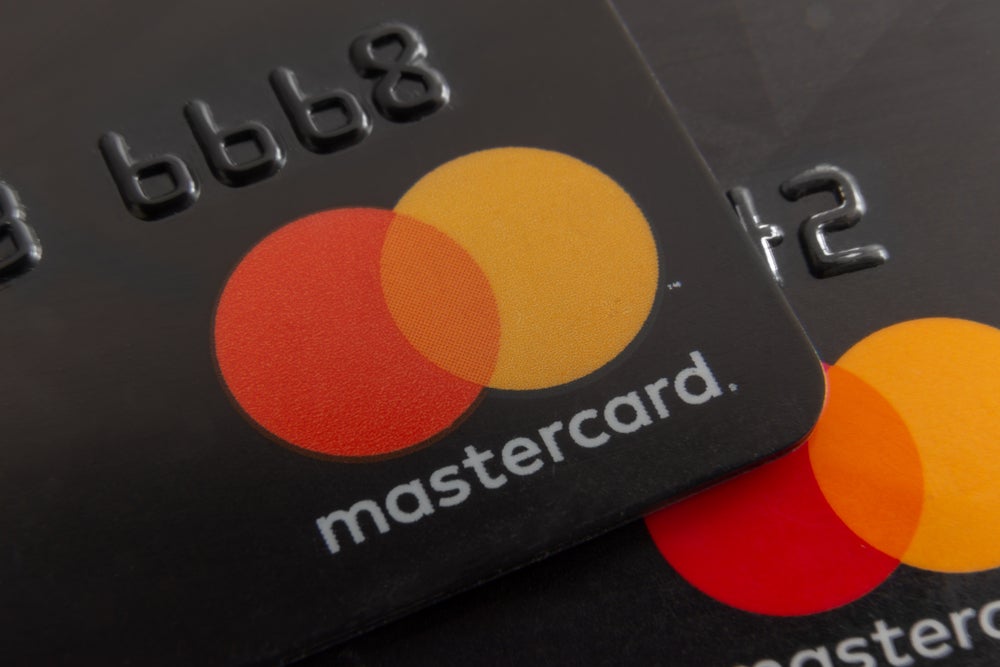Lloyds Bank has completed its first transaction using an electronic Bill of Lading (eBL) on the WaveBL trade documentation platform, in a cross-border deal that featured entirely digital exchanges of documentation.
The deal closely follows Lloyds Bank becoming the first UK bank to join the WaveBL platform in February 2024. The transaction involved Somerset-based building material supplier Paull’s Matting importing matting from an Indian Coir Exporter.
The Bill of Lading for the transaction was issued by Mediterranean Shipping Company as an eBL through WaveBL and passed through the Exporter’s bank, Federal Bank, to Lloyds Bank.
Lloyds Bank and Federal Bank are working jointly to explore opportunities to digitise further transactions between their customers
The use of the eBL reduced the transaction completion time, cost to complete and the risk of key papers being lost. It also removed the administrative burden of creating, handling and despatching paper documentation for all parties. While a previous trade between Paull’s and the Exporter took 15 days and involved couriering physical documentation six times between India and the UK, this transaction was completed in just over 24 hours, with no need for any physical documentation to change hands.
Along with the eBL, the deal also used a digital Promissory Note (dPN), issued by Paull’s Matting through Lloyds Bank on Enigio’s trace, original blockchain solution. The technology allowed Paull’s to digitally accept its payment obligation, removing the requirement for it to create and courier a physical promissory note to Lloyds Bank. This enabled faster release of the eBL by Lloyds Bank to Paull’s.
Through WaveBL, Lloyds Bank’s clients can securely transfer fully digital eBLs based on blockchain, which helps verify original versions of the document.
Rogier van Lammeren, head of trade and working capital products at Lloyds Bank, said: “This is a great example of digital trade in action.
“Together, the eBL and the dPN have eradicated the need for any physical paper to change hands. This has meant a faster transaction, which helps shorten parties’ working capital cycles, with less risk, at lower cost and with significantly less admin for the businesses involved. We’re looking forward to helping more companies take advantage of the significant benefits digital trade offers.”













